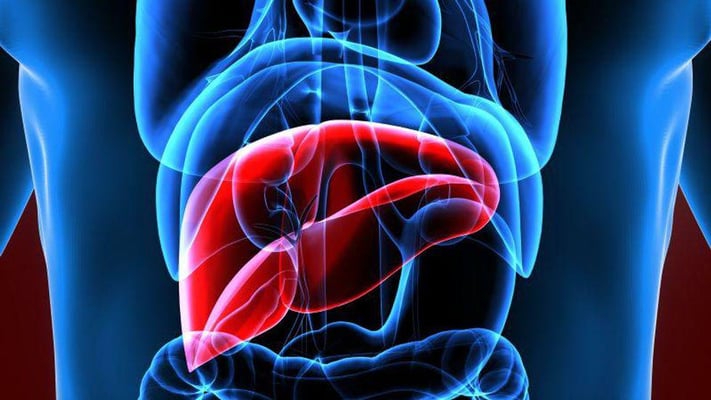Model Predicts 30-Day Mortality in Alcohol-Related Hepatitis

FRIDAY, Feb. 18, 2022 (HealthDay News) -- A new scoring system can help identify individuals with alcohol-associated hepatitis (AH) who are at high risk for short-term mortality, according to a study published online Feb. 15 in the Mayo Clinic Proceedings.
Camille A. Kezer, M.D., from the Mayo Clinic in Rochester, Minnesota, and colleagues developed a scoring system to predict 30-day mortality in a derivation cohort of 266 consecutive adults with AH from a single academic center from Jan. 1, 1998, to Dec. 31, 2018. The score was validated externally in a multicenter retrospective cohort.
The researchers found that the 30-day mortality rate was 19.2 percent in the derivation cohort. Age, blood urea nitrogen, albumin, bilirubin, and international normalized ratio were significantly associated with mortality in a multivariable analysis. The Mortality Index for Alcohol-Associated Hepatitis (MIAAH) model, which incorporated these variables, achieved a C-statistic of 0.86. Comparison of the accuracy with existing prognostic models (Maddrey Discriminant Function and the Model for End-Stage Liver Disease) showed that the MIAAH achieved the highest concordance, a difference that was statistically significant. In the validation cohort of 249 patients, the C-statistic for MIAAH decreased to 0.73; the model was significantly superior to the Maddrey Discriminant Function but not to the Model for End-Stage Liver Disease.
"While the optimal process may include a combination of models, the MIAAH can be an important tool in helping our patients," a coauthor said in a statement.
Related Posts
Marijuana, Meth, Cocaine Use Can Help Trigger Dangerous A-Fib
THURSDAY, Oct. 20, 2022 (HealthDay News) -- Using marijuana increases the risk...
AHA News: After Cardiac Arrest at College Basketball Game, He’s Ready to Cheer Again
FRIDAY, Dec. 2, 2022 (American Heart Association News) -- For more than 50...
Teen Dating Violence Sets Stage for Future Abusive Relationships
TUESDAY, May 2, 2023 (HealthDay News) -- Teens who are abused by a romantic...
Suicides Rise Again in the US, Increases Highest Among Minorities
MONDAY, Feb. 13, 2023 (HealthDay News) – Suicide rates have climbed again...
